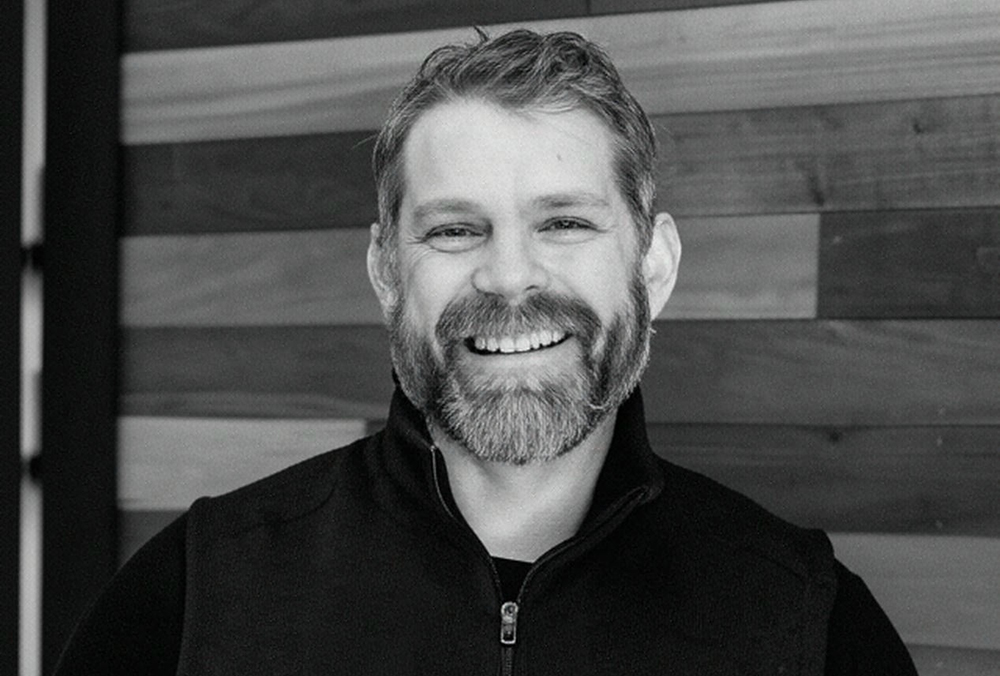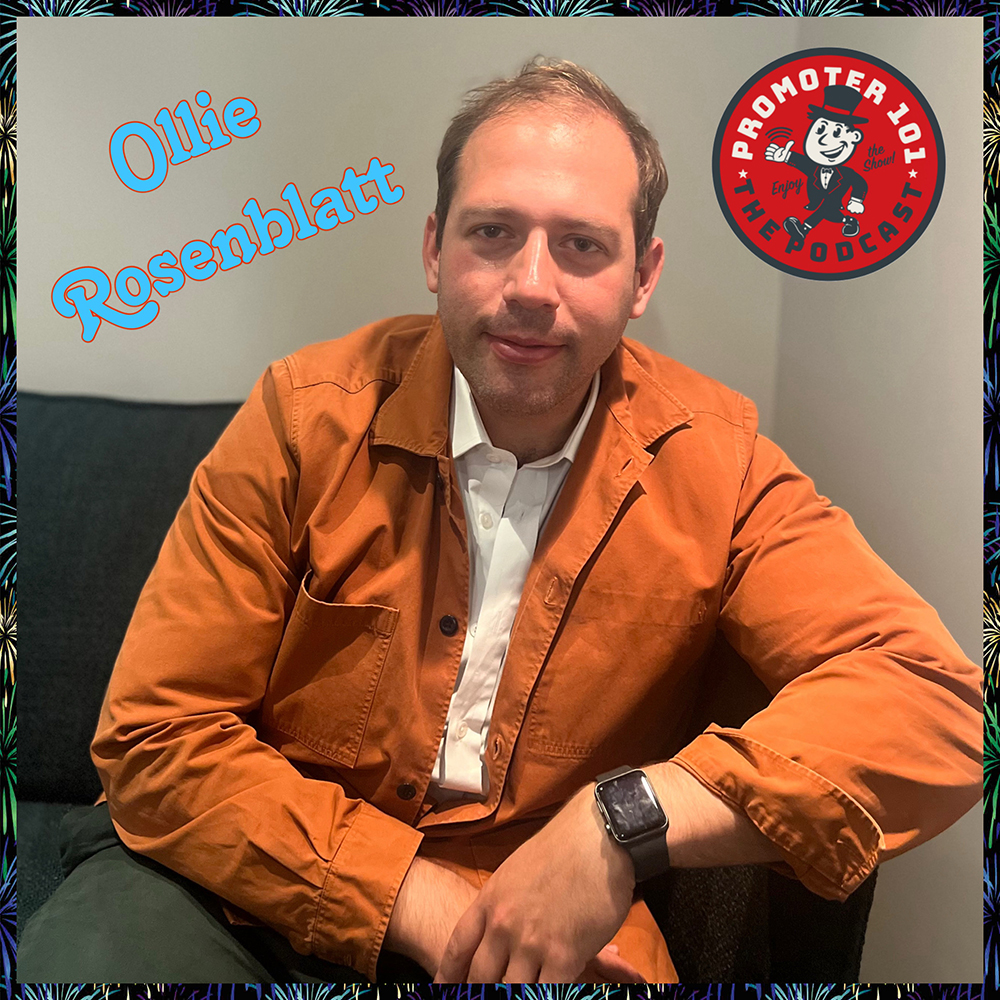
Don’t get your knickers in a twist. This is not the two behemoths joining forces to conquer the world, this is the world’s largest recorded music company doing its best to manage an orphan asset.
Universal acquired the management company as part of the Sanctuary deal. For a while there, it looked like record labels might actually become 360 degree companies, full service organizations, they might want management companies. But now it’s clear that Universal is about recorded assets, better to have this rogue operation run by Irving, who knows the management business cold.
And with the old Sanctuary, it was about the synergy. The low profits from the management company could be tolerated because so many of the managed acts forked over the rest of their rights to the company, where margins were superior. But that’s not the case with Sanctuary’s management companies and Universal.
As for the management juggernaut Irving has built…
He’s famous for not having paper deals, doing it on a handshake. So, theoretically the talent is not tied. Then again, no one leaves Irving. Because he services you better than anybody else. He won’t tell you what to record, but he will get you the most opportunities and the most dough. If you’re with Front Line, you’ve got leverage.
Then again, if you’re a small act, you could get lost in the shuffle.
All I’m saying is the assets in Front Line are not fungible. It’s all about people. On both sides of the desk. So theoretically, assets could deplete, just like Ron Laffitte left Red Light for Front Line with his assets, managers and acts could leave Front Line, as Andy Gould did with Rob Zombie.
But more importantly, there’s no barrier to entry. Any act with any manager can penetrate the scene. Establish a foothold and ultimately conquer.
Lady Gaga and Troy Carter were not established players tied up to a conglomerate and the talk of the agency business is the Windish Agency, which has so many of the new acts, as does their competitor Billions.
This tie-up does reveal the closeness between Irving and Lucian Grainge. There’s little enmity, they’re in bed together, Front Line acts have deals at Universal.
But the real power here lies with Irving. And managers may only make money if there’s an upside, but it’s the labels who are investing the big money to create big hits.
If Irving ran Universal, which he once did, when it was called MCA, he’d take a different tack. He put MCA in the concert business. He who has the most assets is going to win in the future.
But Live Nation/Front Line has got problems of its own. The deep pockets of Phil Anschutz and AEG. The limited barrier to entry in concert promotion, albeit a license to lose money for newbies, and the percolation of new ticketing services, from Fred Rosen’s Outbox to Ticketfly.
Irving’s goal is to make the trains run on time, to make sure Live Nation is profitable. Doing this via dominance, other than in the management field, is not feasible. There’s always someone willing to pay for a hit act to perform live, from AEG to casinos, and Live Nation’s monopoly on ticketing is fading. Then again, he does have leverage with the management company, and he intends to use it.
But Front Line is top heavy with established acts.
If you’re developing talent this deal barely affects you. The field is wide open. Run with the ball.
But be sure you pay attention to your act, be sure you give them opportunities and money, because even when you think you’re looking, they might jump to Front Line.
























































